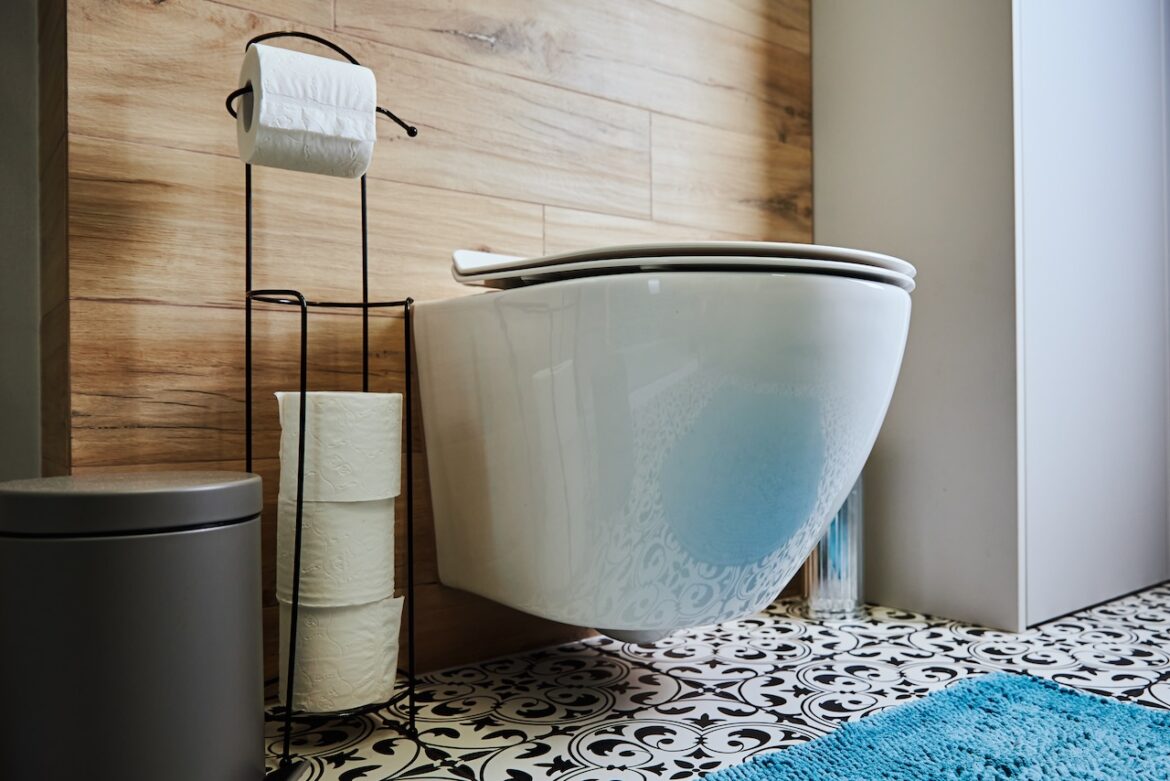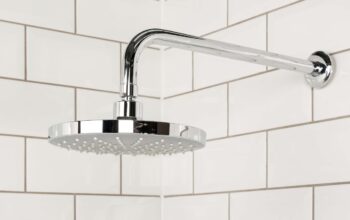Flushable wipes may sound like a convenient option, but what many people don’t realize is that flushing these or similar products can wreak havoc on your plumbing and the environment. Despite their name, “flushable” wipes do not break down in water the same way toilet paper does, leading to clogged pipes, costly repairs, and environmental damage. Discover why these products can cause serious plumbing issues and when it’s time to call a residential drain cleaning service.
Why Aren’t Flushable Wipes Actually Flushable?
Though labeled as “flushable,” most wipes are made from durable fibers like polyester or polypropylene. Unlike toilet paper, which is designed to dissolve quickly in water, these materials are built to resist breakdown. Once flushed, they can stick together and create blockages in your drains, pipes, and sewer systems.
It’s important to note that even products marketed as biodegradable or eco-friendly wipes often take much longer to break down than they should, defeating the purpose of being safe for plumbing or the environment.
Risks for Your Plumbing
Flushing wipes is one of the leading causes of clogged pipes and damaged drainage systems. Here are some ways they can harm your plumbing system:
- Clogged Pipes: Wipes can accumulate in the smaller pipes of your home, leading to blockages that require professional intervention.
- Damaged Sewer Lines: If wipes make it past your plumbing, they can collect in sewer lines, often combining with grease and other debris to form massive obstructions, also known as fatbergs.
- Expensive Repairs: A plumbing repair for a wipe-induced clog can cost hundreds to thousands of dollars, depending on the severity of the issue.
The Environmental Impact
The dangers of flushing wipes extend far beyond your home. Once in the wastewater system, these wipes often contribute to significant environmental harm, including:
- Overwhelmed Treatment Plants: Wipes do not break apart properly during wastewater treatment, which can damage equipment and increase operational costs.
- Ocean Pollution: When treatment systems are overwhelmed, wipes can slip past and end up polluting rivers and oceans, harming marine life.
- Microplastics: Many wipes contain synthetic fibers that degrade into harmful microplastics, causing long-term environmental damage.
What Can You Do?
Taking a proactive approach can help minimize the risks to both your plumbing and the environment. Here’s how to handle wipes responsibly and avoid unnecessary damage.
1. Only Flush Toilet Paper
The simplest and most effective way to protect your plumbing is to flush only what your toilet is designed for—toilet paper and human waste. Remember, even if a product is labeled “flushable,” it’s best to avoid flushing anything other than toilet paper.
2. Dispose of Wipes in the Trash
Instead of flushing wipes, dispose of them in the trash. Keep a small wastebasket in your bathroom for convenience. Consider using eco-friendly bin liners to minimize your environmental impact.
3. Educate Your Household
Make sure everyone in your home understands what can and cannot be flushed. If you have guests, display a polite reminder in your bathroom to ensure they follow the rule, too.
4. Regular Drain Maintenance
If you suspect wipes have already been flushed in your household, schedule regular drain inspections and cleaning services with residential drain cleaning professionals. They use specialized tools and techniques to clear out clogs before they become costly problems.
5. Opt for Truly Biodegradable Options
If you must use wipes, look for certified biodegradable options and confirm their compostability. However, err on the side of caution and still dispose of them in the trash to reduce the risk of plumbing issues.
Why This Matters
Understanding the impact of flushing wipes is essential for maintaining your home’s plumbing and protecting the environment. While they may seem convenient, the long-term effects simply do not outweigh the short-term benefits. By changing your habits and educating others, you can protect both your finances and the planet.



